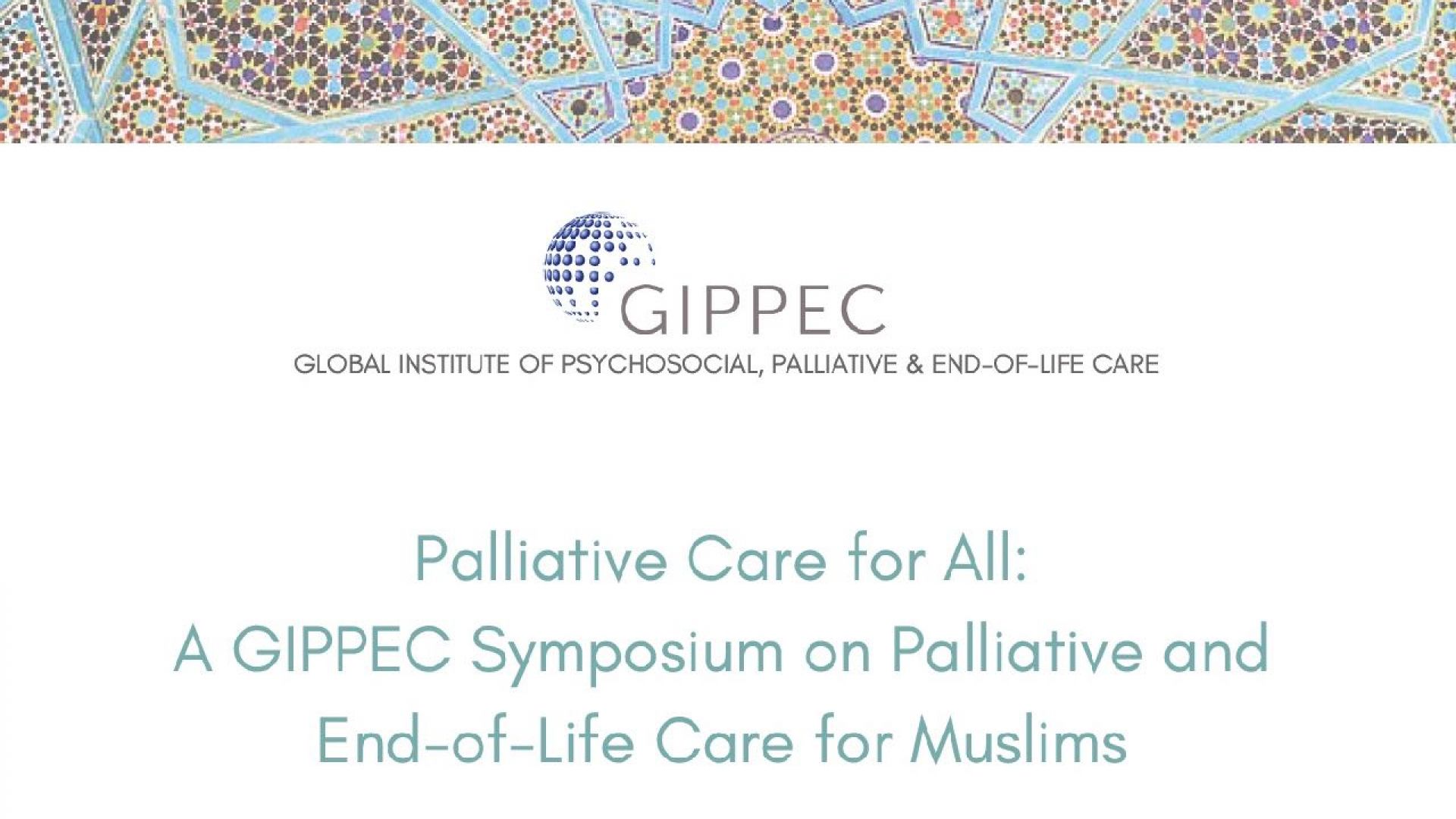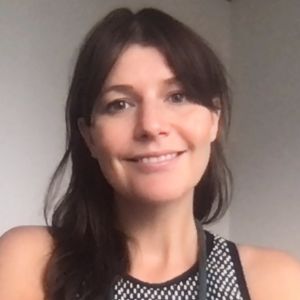
There is no area of medicine in which culture and religion is more important than in palliative and end-of-life care (PEOLC).
Although PEOLC has been recognized as a basic human right, the majority of those in need of such care, particularly in low and middle-income countries, do not have access to such care. Although death and dying are universal experiences, personal, religious and cultural values shape what is considered to be a good life, and a good death.
However, there has been a relative lack of attention to the modifications to PEOLC that are needed to embrace the cultural and religious needs of patients with life-limiting illnesses.
The Global Institute of Psychosocial, Palliative and End-of-Life Care (GIPPEC) is committed to a vision of global outreach, gathering and working together with scholars, educators and clinicians from diverse disciplines, to ensure timely, appropriate and culturally sensitive PEOLC. On January 18, 2018, imams, chaplains, administrators & policy makers, physicians, health care providers, and scholars gathered at a GIPPEC symposium in Toronto, Canada, one of the most culturally diverse cities in the world, to explore palliative and end-of- life care for Canadian Muslims, a minority population with unique needs in this domain.

